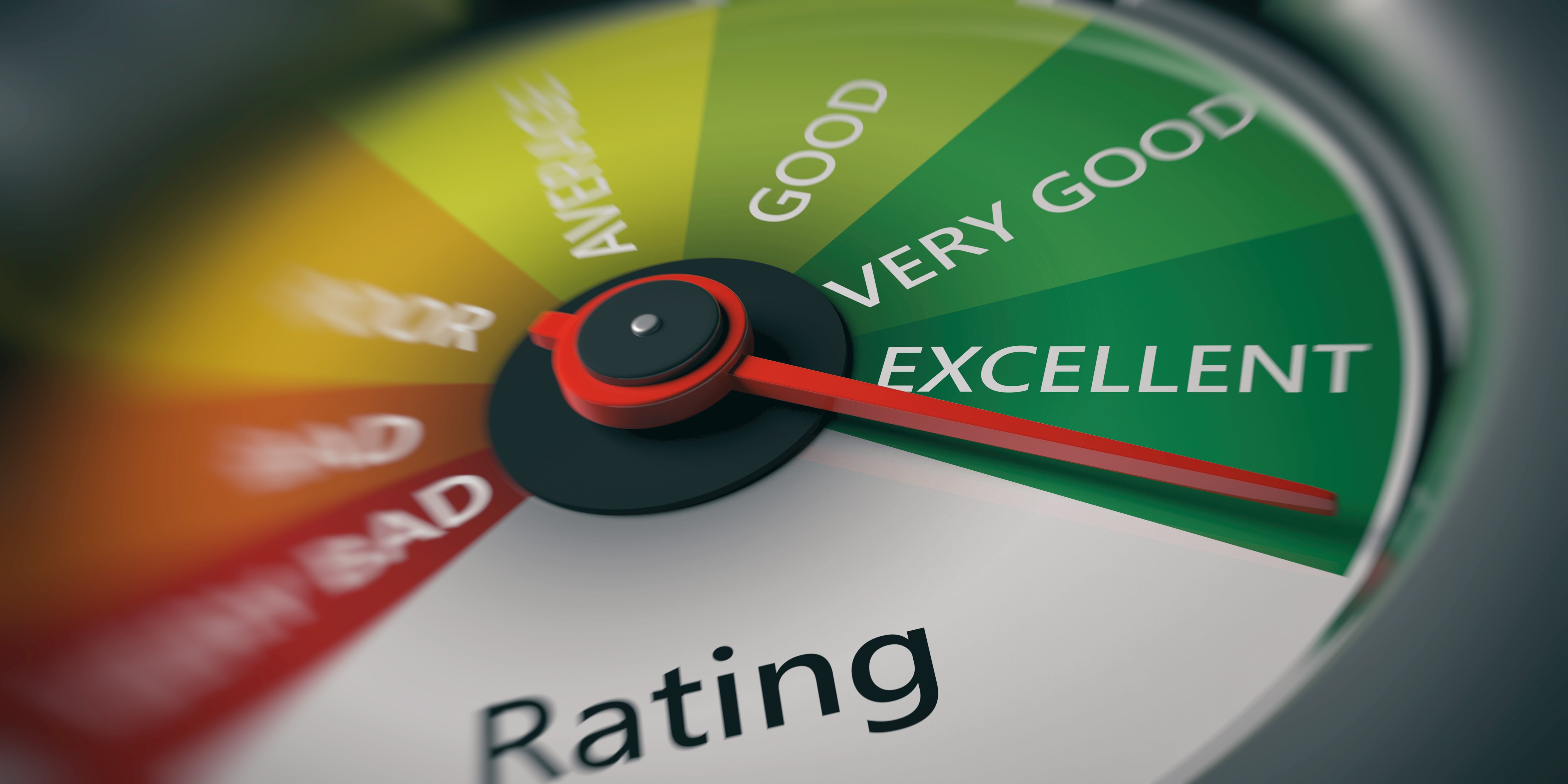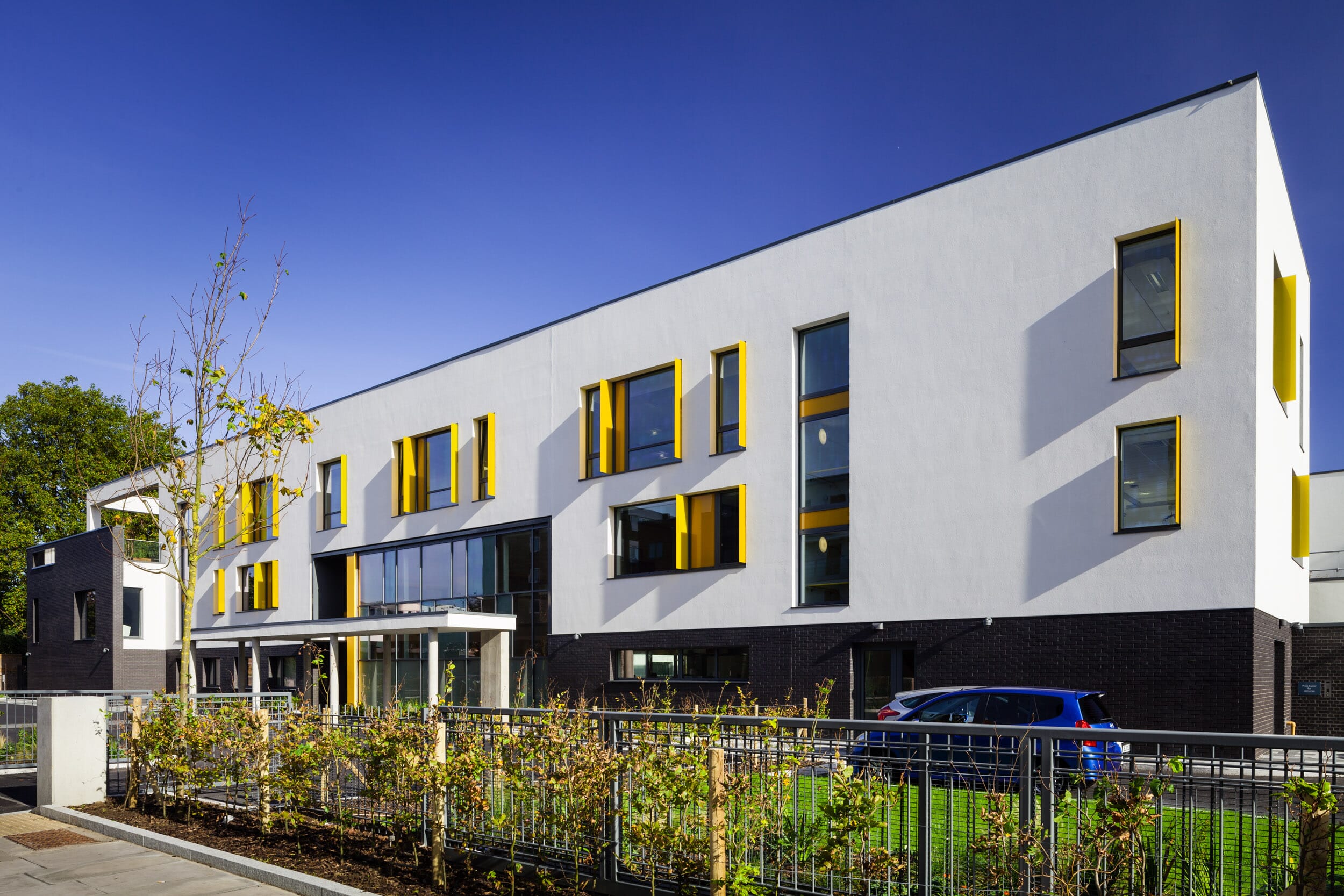How to achieve BREEAM excellent certification
What do the University of Manchester’s Nancy Rothwell Building, the Oslo Emergency Hospital at Gardermoen, and the Nobu Hotel in Barcelona all have in common? Besides being striking examples of contemporary architecture, these developments have all achieved BREEAM Excellent certification, demonstrating their ongoing commitment to sustainability and environmental performance.

According to BRE, over 610,000 buildings have been BREEAM certified, with more than 2.33 million registrations in progress. With more projects being added to these totals every year, now is the perfect time to consider how your development can reach the Excellent benchmark. Discover how you can achieve BREEAM Excellent certification below.
BREEAM Excellent rating explained
BREEAM (Building Research Establishment Environmental Assessment Method) is the world’s leading sustainability assessment method for buildings and infrastructure. Established by the BRE, it provides a structured framework for measuring and certifying the environmental performance of projects across a wide range of categories, such as energy, water, transport, materials, waste, health and wellbeing, and ecology.
Under the current BREEAM New Construction standards, your project must score a minimum of 70% across these categories to be awarded an Excellent rating. This indicates that your building has gone well beyond compliance, delivering consistently strong performance across the assessment areas.
The benefits of achieving BREEAM Excellent certification
Obtaining an Excellent BREEAM rating brings a number of advantages, including:
Market leadership & reputation
Investors, occupiers, and planners are increasingly looking for buildings that meet high environmental standards. A BREEAM Excellent certification highlights your commitment to sustainability and sets a strong benchmark for others to follow.
Operational cost savings
BREEAM Excellent buildings typically include energy-efficient systems and water-saving features. This helps to cut bills and reduce maintenance expenses over the lifetime of the building, which creates real financial value for owners and occupiers.
Carbon impact
According to an official government report, buildings are responsible for around 25% of the UK’s carbon emissions. By achieving an Excellent rating, your development is helping to reduce the amount of carbon released into the atmosphere and support national climate targets.
Occupant health & wellbeing
Excellent-rated buildings are designed with people at the forefront. These spaces are healthier and more comfortable, with good air quality, natural light, and acoustic comfort. These features ensure building occupants remain safe and healthy, as well as increasing their productivity.

Top tips for securing a BREEAM Excellent rating
Start early
The best time to consider BREEAM is right at the start of your project. Early planning makes it easier to integrate sustainable features such as orientation, passive design, and material choices into the design, avoiding the need for costly retrofits later on.
Set clear targets
Work closely with your team to set measurable goals that align with the BREEAM Excellent requirements. Having clear targets gives your whole team a shared vision and keeps your project’s progress on track.
Work with expert BREEAM Assessors
Working with a BREEAM-accredited assessor (like Encon Associates) ensures that your project successfully meets each criteria and helps you to avoid common pitfalls, which maximises your building’s credit potential.
Prioritise energy, water, materials & waste
Energy, water, materials, and waste are key areas where your project can secure significant credits. Incorporating renewable energy, water recycling systems, responsibly sourced materials, and effective waste management can help your project achieve an Excellent rating.
Consider innovation & ecology credits
Exploring innovative technologies and protecting site ecology can help your project secure additional credits. Features like green roofs, habitat creation, and smart building controls add long‑term value to your building and are recognised under the BREEAM Excellent criteria.
Improve transport & access
Having good access to public transport, cycling facilities, and electric vehicle charging points are all key requirements under BREEAM Excellent. By planning for sustainable travel, you’re helping to reduce carbon emissions and make your building more accessible and future‑ready.
Post-occupancy evaluation
The BREEAM Excellent requirements don’t end at completion. By completing post-occupancy checks, you’re demonstrating that all systems are working as planned, energy and water savings are being delivered, and that the building continues to support occupant wellbeing.
Helping you achieve BREEAM excellence
At Encon Associates, we’re proud to have helped some of the UK’s biggest building projects achieve a BREEAM Excellent rating. Our expert BREEAM Assessors are here to support you throughout the entirety of the assessment process, from the initial Pre-Assessment through to the final certification, offering helpful support and guidance along the way. Our team has never missed a target rating – so, if you partner with us, you’re in the best possible position to secure an Excellent score.
Get in touch to begin your journey to BREEAM excellence.